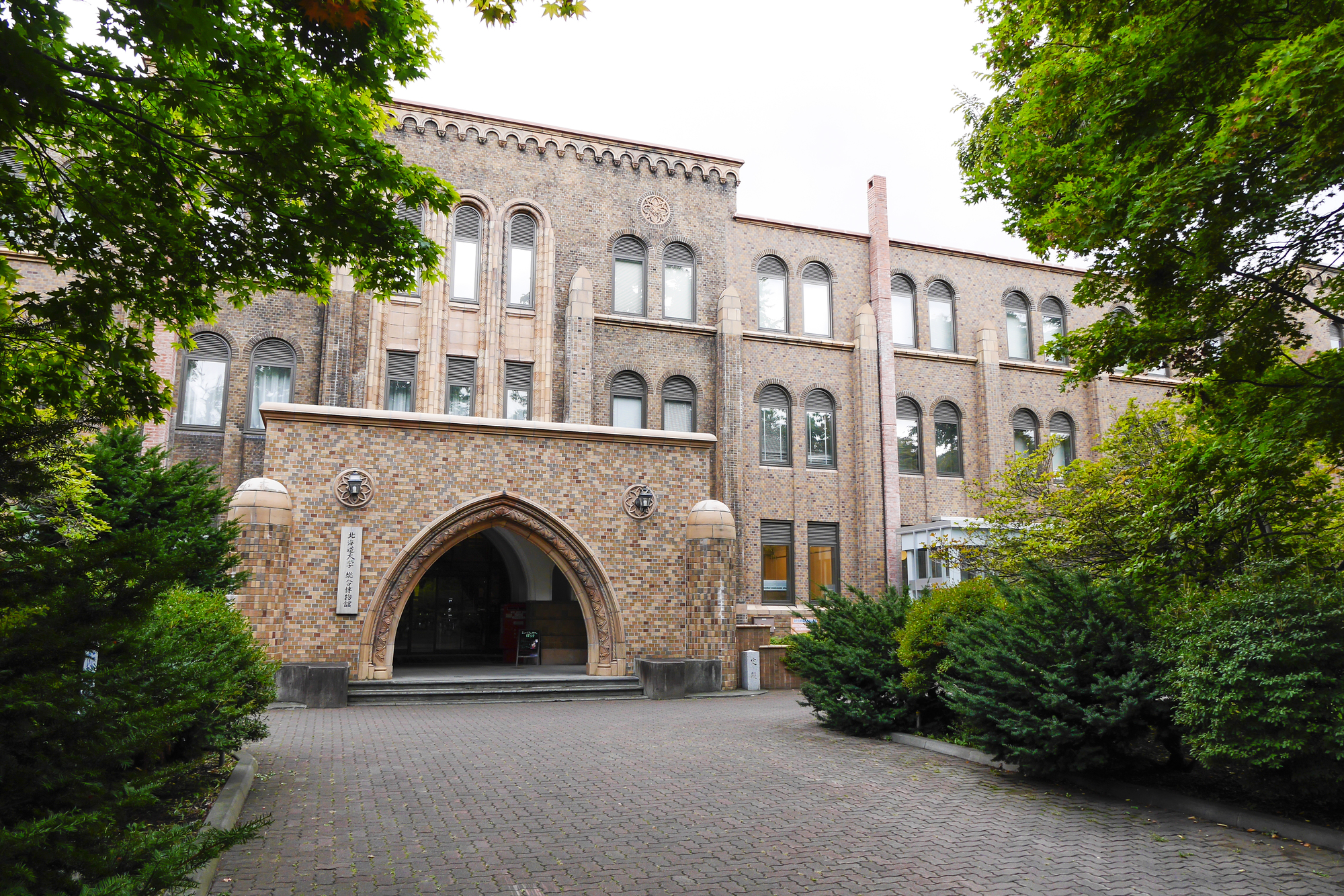A research group led by Associate Professor Yoshiyuki Senzaki of Hokkaido University Graduate School, together with the National Institute for Environmental Studies, has found that vehicle noise not only affects bird populations and predation frequency, but also changes the feeding habits of grasshoppers, which are invertebrate consumers. It was found that this effect occurs even within a range of about 300 meters from the noise source, where the noise is sufficiently attenuated.
In recent years, the impact of noise from automobiles, aircraft, etc. on wild animals has become a problem.However, conventionally, attention has focused on the effects of noise on the behavior of vertebrates, and the effects of noise on invertebrates, which play important ecosystem functions through consumption of plants and small animal carcasses, have not been sufficiently investigated.
The research group conducted an outdoor reproduction experiment of car noise using speakers in a grassland in the Iburi region of Hokkaido.We analyzed the plant and animal prey in their feces to find out how noise affects the eating habits of omnivorous grasshoppers.
As a result, locusts exposed to noise stopped consuming only one type of food and started consuming a wide variety of foods.This change in feeding habits was also detected not only in areas exposed to high levels of noise, but also in areas approximately 300 meters away from the noise source where the noise was sufficiently attenuated.Furthermore, we found that this shift in diet was explained by direct effects of noise, rather than indirect effects of noise, such as reduced avian and predation pressure (the ratio of bird predation to grasshoppers).
These results revealed that noise pollution is an important factor affecting the feeding habits of invertebrates that play a role in terrestrial ecosystem functions, and that its effects may extend over a wider area than previously assumed.In order to protect biodiversity and healthy ecosystems, in addition to identifying and conserving quiet areas, it is necessary to establish buffer zones of sufficient size in nature reserves and strengthen measures against noise sources. It is said that there is.
Paper information:[Ecology Letters] Noise pollution alters the diet composition of invertebrate consumers both in and beyond a noise-exposed grassland ecosystem

